- English Newsletter February 16
Weekly Newsletter
Sign up to receive a selection of Al Majalla articles directly to your inbox every Monday.

Al Majalla continued monitoring US-Iran tensions and the possibility of a military confrontation last week. Arash Reisinezhad and Arsham Reisinezhad predict what a US war with Iran would look like, surmising that “Decapitation strikes against the country are likely. An invasion is not.” For his part, Michael Horowitz unpacks Netanyahu’s rush to Washington, writing, “Iran's surprising display of self-confidence has unsettled Israel, which could explain the urgency of the Israeli premier’s meeting with Trump.” Meanwhile, Con Coughlin asserts that Israel is on edge as Trump seems keen on Iran deal. In his piece, he says, “Netanyahu moved up a planned visit to the White House by a week as the Israeli leader appeared to be worried that the US president preferred negotiations with Tehran over military confrontation.”
And Robert Ford writes about Trump’s unorthodox foreign policy approach and examines whether it’s paying off. “From Gaza to Ukraine, a coterie close to the president are wheeling and dealing their way through diplomacy's traditional terrain, scoring some wins but creating great confusion,” he says. For his part, Elie Kossaifi interviews Christophe Ventura, a French expert on Latin America, who reveals what Trump’s real designs on Latin America are. And Marco Mossad pens a piece titled From development to doctrine: the Pentagon fast-tracks AI. In it, he says, “Donald Trump’s administration has ordered military chiefs to incorporate Artificial Intelligence into almost everything that it does, and to do it quickly.”
Onto Syria, Ibrahim Hamidi reveals how PKK fighters are finally leaving Syria. In his piece, he says, “More than 40 years after PKK leader Abdullah Ocalan began building networks of trained operatives in Syria’s north-east to infiltrate Türkiye, they have been sent packing.” And Alia Mansour explains why a recent Lebanon-Syria prisoner swap is a first step in the right direction towards resetting ties between the neighbouring states with a troubled history. In Business and Economy, Nazareth Seferian pens a piece titled Russia keeps a wary eye on US-backed Caucasus corridor. In it, he says, “While the Armenian government is hailing the developments around TRIPP and JD Vance's upcoming visit, many wonder whether Moscow will acquiesce so easily as its hold on the strategic region weakens.”
Meanwhile, Marcelle Nasr writes about Egypt’s refugee problem, asking whether it poses an economic burden or an opportunity. For her part, Yasmin Abdullah, writing in Culture, pens a piece titled Cairo’s evolution and the endurance of the Arab city. “Long before Europe’s major capitals emerged, Arab cities formed vast, sophisticated urban systems. Cairo’s architectural evolution traces the rise, openness, and endurance of this civilisation,” she writes. And last but not least, Hala Al-Naji lays out The benefits and flaws of child social bans. “Whether to legislate against Under-16s accessing a big part of contemporary society is a complex question involving law, technology, privacy, rights, and the nature of a child’s development,” she explains.
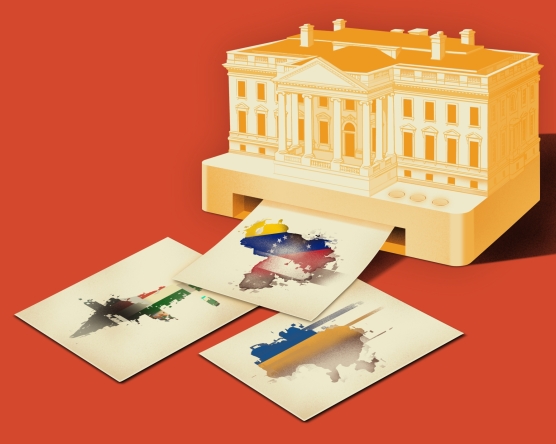
Is Trump’s unorthodox foreign policy approach paying off?
From Gaza to Ukraine, a coterie close to the president are wheeling and dealing their way through diplomacy's traditional terrain, scoring some wins but creating great confusion
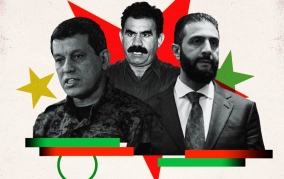 Politics
Politics
Back to Qandil: PKK fighters finally leaving Syria
More than 40 years after PKK leader Abdullah Ocalan began building networks of trained operatives in Syria's north-east to infiltrate Türkiye, they have been sent packing
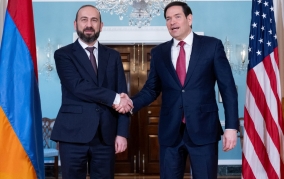 Business & Economy
Business & Economy
Russia keeps a wary eye on US-backed Caucasus corridor
While the Armenian government is hailing the developments around TRIPP and JD Vance's upcoming visit, many wonder whether Moscow will acquiesce so easily as its hold on the region weakens
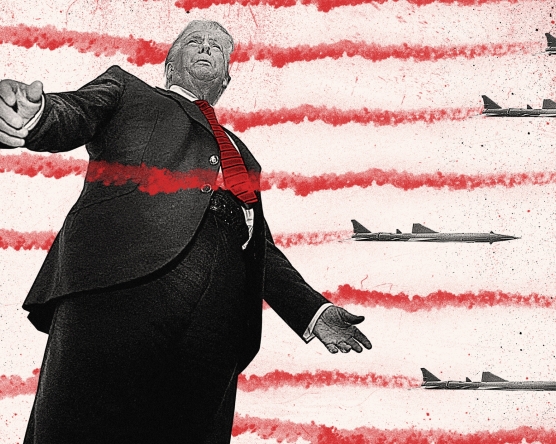
What war with Iran would look like
Decapitation strikes against the country are likely. An invasion is not.
Arash Reisinezhad and Arsham ReisinezhadUnpacking Netanyahu’s rush to Washington
Michael HorowitzIsrael on edge as Trump seems keen on Iran deal
Con CoughlinLebanon-Syria prisoner swap: a first step in the right direction
Alia Mansour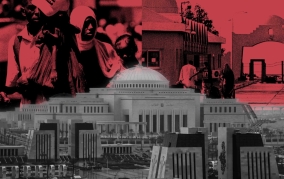 Business & Economy
Business & Economy
Refugees in Egypt: economic burden or opportunity?
Half of all child refugees in Egypt are not in school despite being eligible. Experts think a new law may make things worse in a country with stretched budgets. Is the solution to let them work?
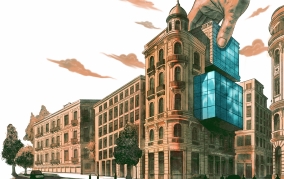 Culture & Social Affairs
Culture & Social Affairs
Cairo's evolution and the endurance of the Arab city
Long before Europe's major capitals emerged, Arab cities formed vast, sophisticated urban systems. Cairo's architectural evolution traces the rise, openness, and endurance of this civilisation
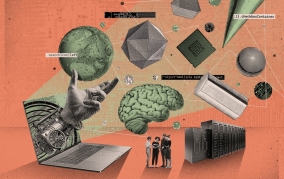 Science & Technology
Science & Technology
From development to doctrine: the Pentagon fast-tracks AI
Donald Trump's administration has ordered military chiefs to incorporate Artificial Intelligence into almost everything that it does, and to do it quickly.
 Culture & Social Affairs
Culture & Social Affairs
The benefits and flaws of child social media bans
Whether to legislate against Under-16s accessing a big part of contemporary society is a complex question involving law, technology, privacy, rights, and the nature of a child's development
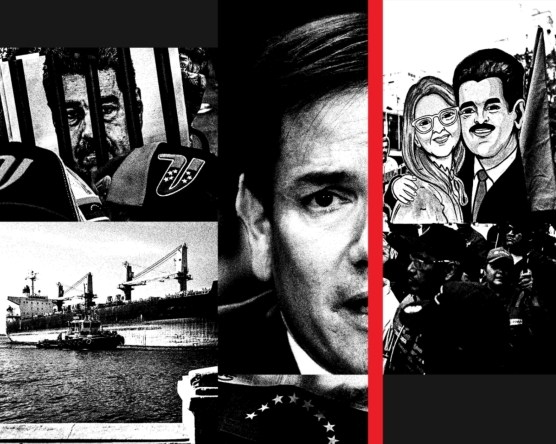
Bigger than Maduro: Trump’s real designs on Latin America
Christophe Ventura, a French expert on Latin America, speaks to Al Majalla about Venezuela, Cuba, Colombia, and China's role in a continent that the US president considers his backyard.

